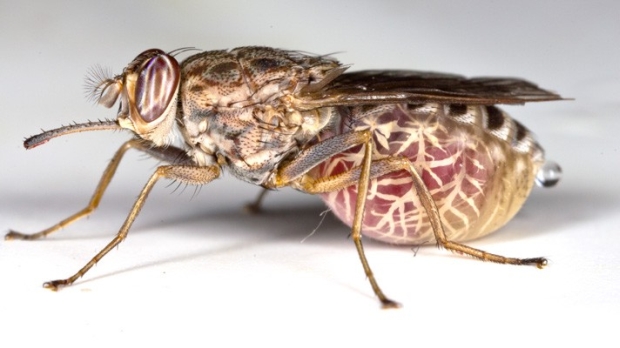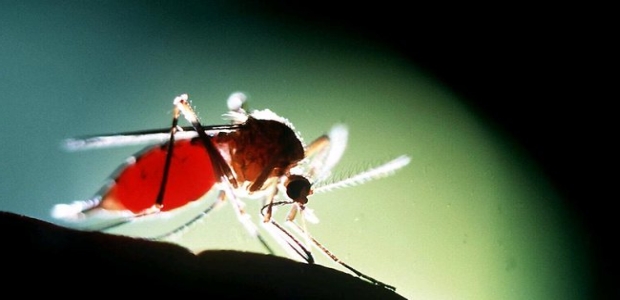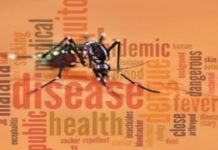Food chain goes down in our ecosystem right till the smallest insect and mosquitoes are no exception to that. The insects provide sustenance for dragonflies, spiders, bats, and birds, and their water-borne larvae are food for fish and other predatory insects. Mosquitoes are believed to be existing since 30 million years and have surely made their impact on human settlements, well in spreading diseases like malaria.
They thrive in abundance and the blood-sucking insects do create a nuisance especially during the rainy season along with spreading this life-threatening disease. The insect has had such a grave impact that World Mosquito Day is observed every year on 20 August . So is there a chance in the future that the world could come together and decide to exterminate this insect species? What could it do the our ecosystem?
This article published in Popular Science gives some insights. Jo Lines, who studies vector biology and malaria control at the London School of Hygiene & Tropical Medicine, says the effects would be minimal. “There’s no food chain that we know of where mosquitoes are an inevitable link in a crucial process,” he says. If mosquitoes disappeared, related insects (though not bloodsucking ones) might fill their ecological niche. “There’s an awful lot of things out there that, while they’re in the water, look a lot like mosquitoes,” Lines says.
“Even when they come out of the water, they’re the size and shape of mosquitoes; their wings look like mosquitoes’— they’re just missing that needle sticking out the front.” The question of eradication has been tested before. Just prior to World War I, public-health officials on the island of Principe in the Gulf of Guinea managed to remove the tsetse fly, which carries the parasite that causes sleeping sickness. No one saw ’ another tsetse fly on the 84-square- mile island until 1956, and the local ecosystem did not collapse.

That said, eradicating mosquitoes would be a large and expensive task. We might be better served addressing mosquito-borne disease instead. For example, at the California Institute of Technology, Bruce Hay’s laboratory has been working on a way to insinuate a foreign gene conferring malaria-resistance into a wild population of mosquitoes. If it works, we wouldn’t need to eliminate the bugs at all.
No one knows exactly what would happen if mosquitoes, which comprise 3,500 distinct species, were exterminated. Nonetheless, experts differ on the ecological impact removing them might have. Whatever may be the case, for now the mosquitoes are here to stay so take all precautionary measures you can against this irritating insect.
-end-

Source
- Popular Science



































